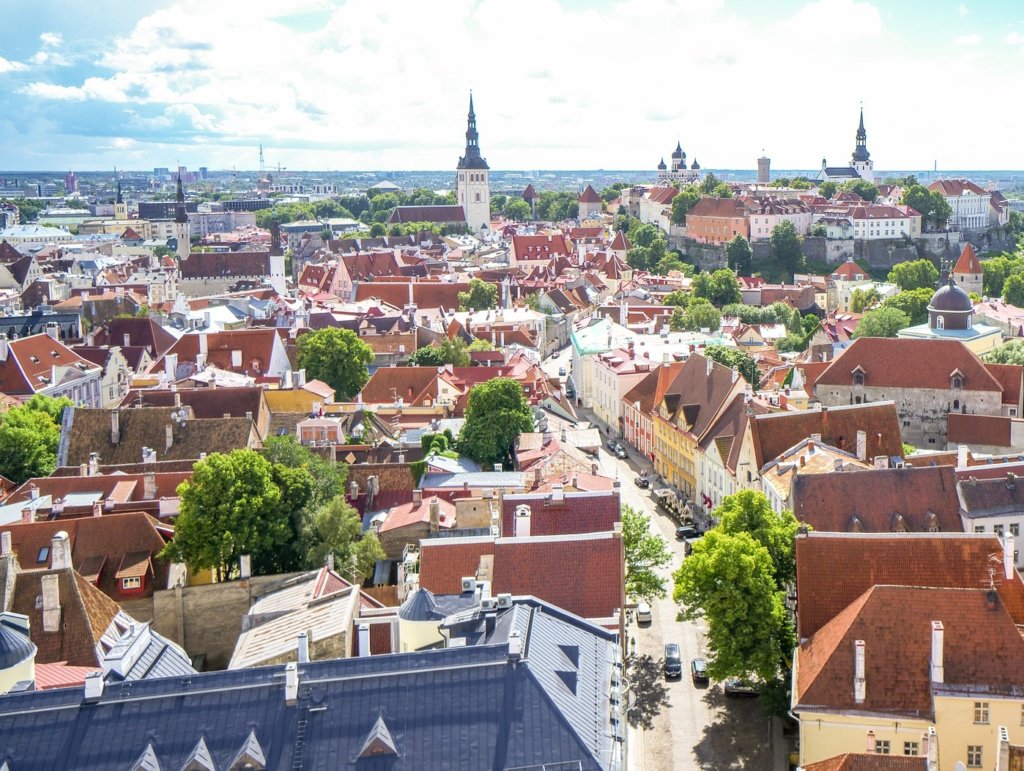With its flagship e-residency program, Estonia is now looking for more budding Indian entrepreneurs to avail its benefits. The Baltic country wants enrollments from 200 Indian startups this year, and is looking to reach out to the Indian startup community with a series of seminars and road shows over the coming year.
The plan was announced at a seminar held earlier this month in Mumbai, which was attended by Estonia’s Entrepreneurship and IT Minister Urvi Palo, the Economic Times reported. The program would enable access of Indian entrepreneurs to a government-issued digital ID, and they would have access to the entire European Union while working from India. Currently over 1,200 Indian citizens are e-residents of Estonia. The program means “Make in India and Sell in Europe,” it said in a statement.
Estonian officials have been meeting their Indian government counterparts for signing a memorandum of understanding between the local government and Estonia’s IT academy to provide knowledge on e-governance so that services can be paperless and easily available, Palo told YourStory.com.
“We are lacking information and communication technology (ICT) people in Estonia, and we would like to get them from outside. So far, we have ICT talent coming in from Turkey, Ukraine, Russia. But we see that India could be a possible country because it has a lot of ICT talent. These people could come to Estonia to work immediately or to study first,” she was quoted as saying by the online publication.
It takes 15 minutes to establish a company online and three minutes to do the taxes in Estonia, according to YourStory. The country is often listed as the most entrepreneurial country as per the World Economic Forum.
While Palo noted that the country has strict migration policy, she added that there are no limitations to those entering with a startup visa. “We are overall very strict. Just five percent of the population can be made of people from other countries who enter Estonia for work. It is more than 1,000 per year now. But the people who are coming to work in the ICT (Information and Communication Technology) sector or those who come with a startup visa are the not included in this. So, there is no limit at all for the applicants.”
The startup visa gives free reign to non-EU entrepreneurs to establish new startups or to relocate their existing startups to Estonia. They can also extend the visa and ask for a temporary residence permit once it is established.
The e-residency program was established in December 2014. It has over 30,000 e-residents from 154 countries, with a majority coming from the United States, Russia and Finland.
